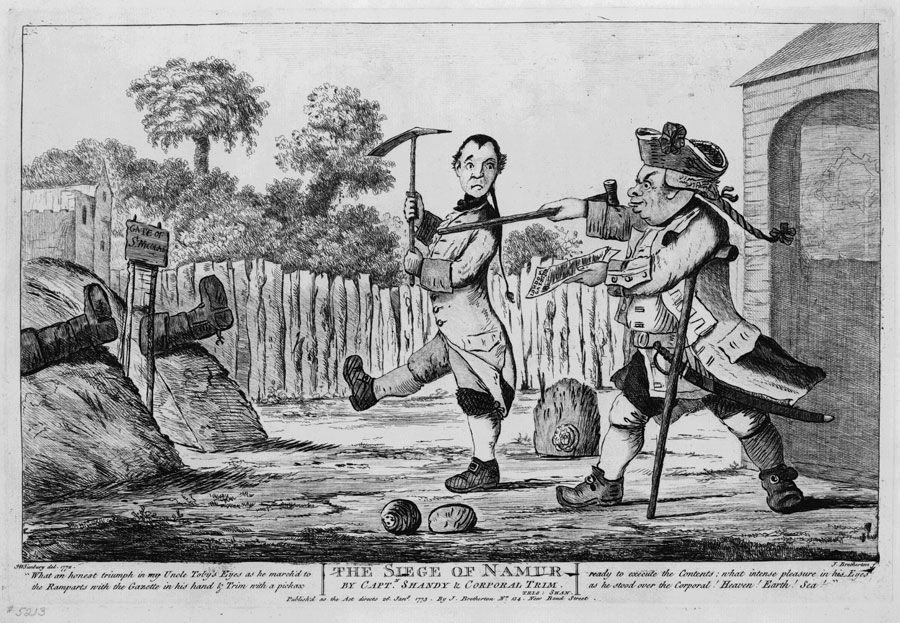Representations 127, featuring a special forum on SEARCH
Edited and introduced by Kent Puckett
FREDERIC KAPLAN Linguistic Capitalism and Algorithmic Mediation
TED UNDERWOOD Theorizing Research Practices We Forgot to Theorize Twenty Years Ago
LISA GITELMAN Searching and Thinking About Searching JSTOR
DANIEL ROSENBERG Stop, Words
LEAH PRICE Response
Plus:
ERIC BULSON
Ulysses by Numbers
SARAH BROUILLETTE
Unesco and the Book in the Developing World
And:
FIELD NOTES: Catherine Malabou, The King’s Two (Biopolitical) Bodies







